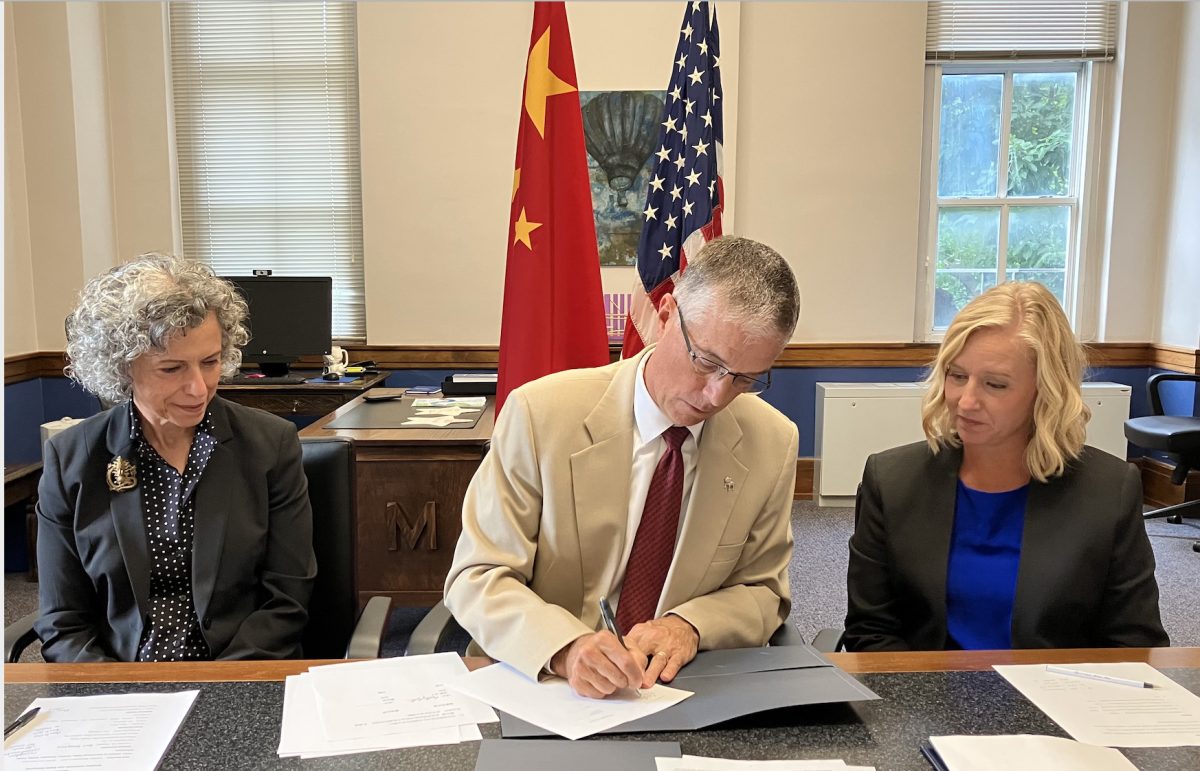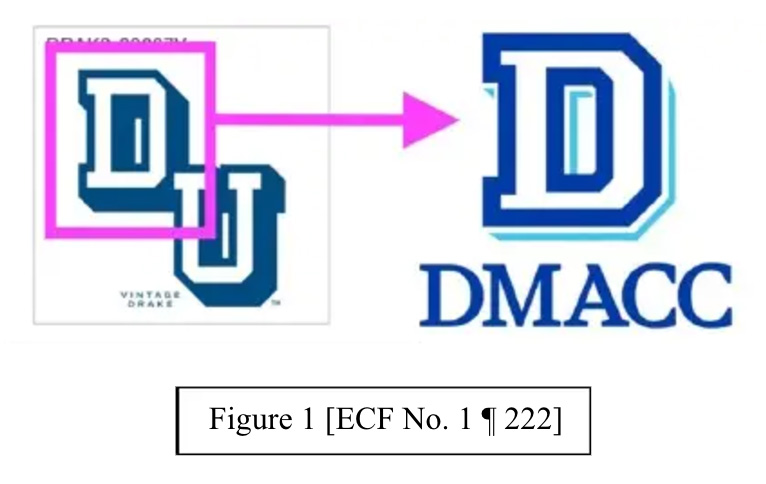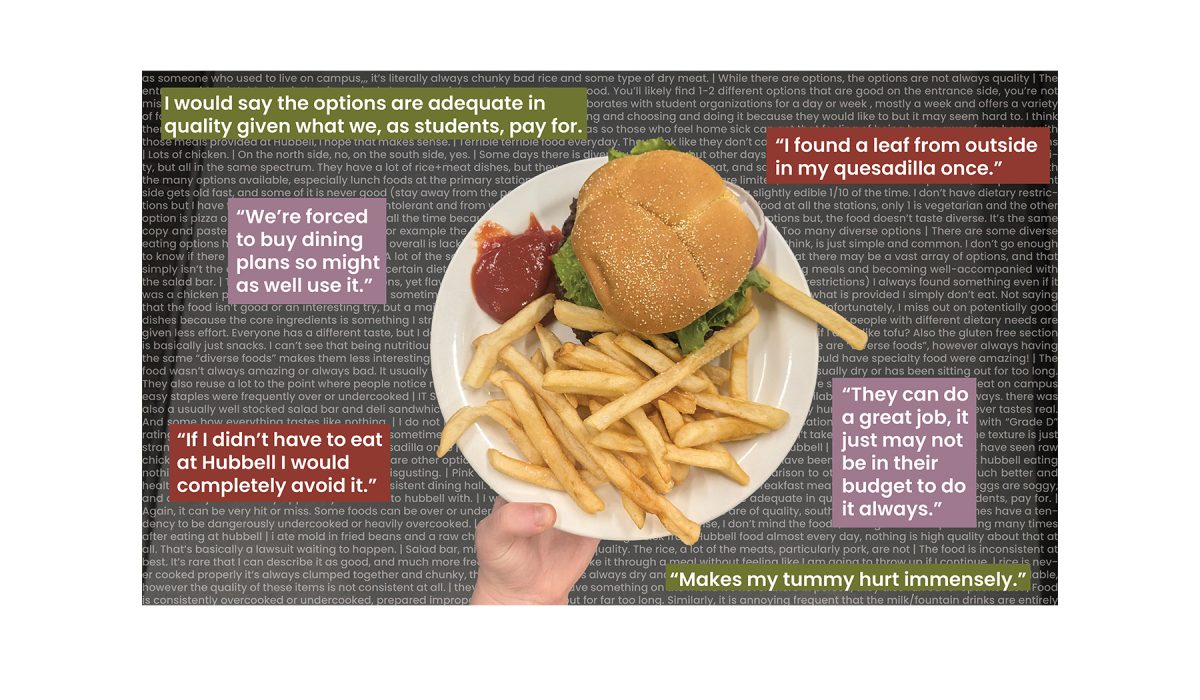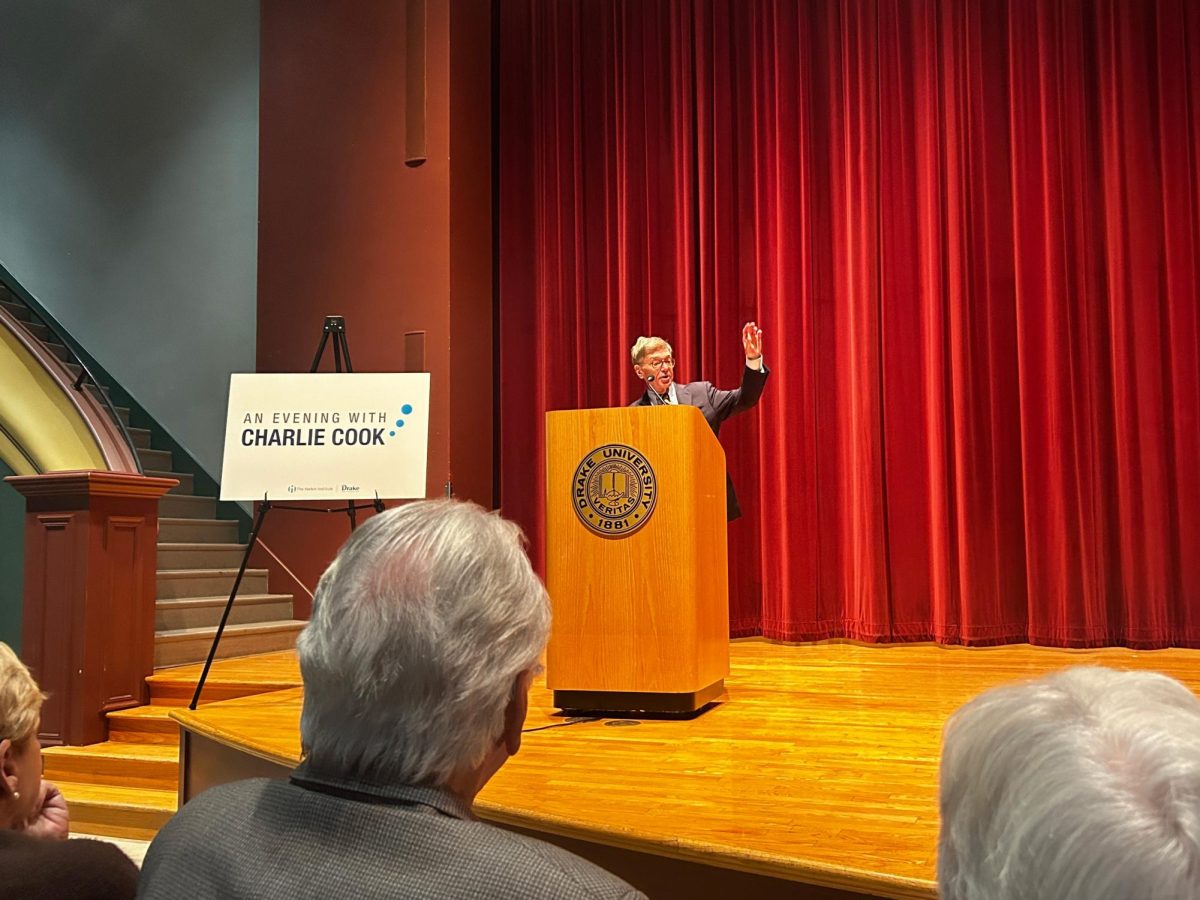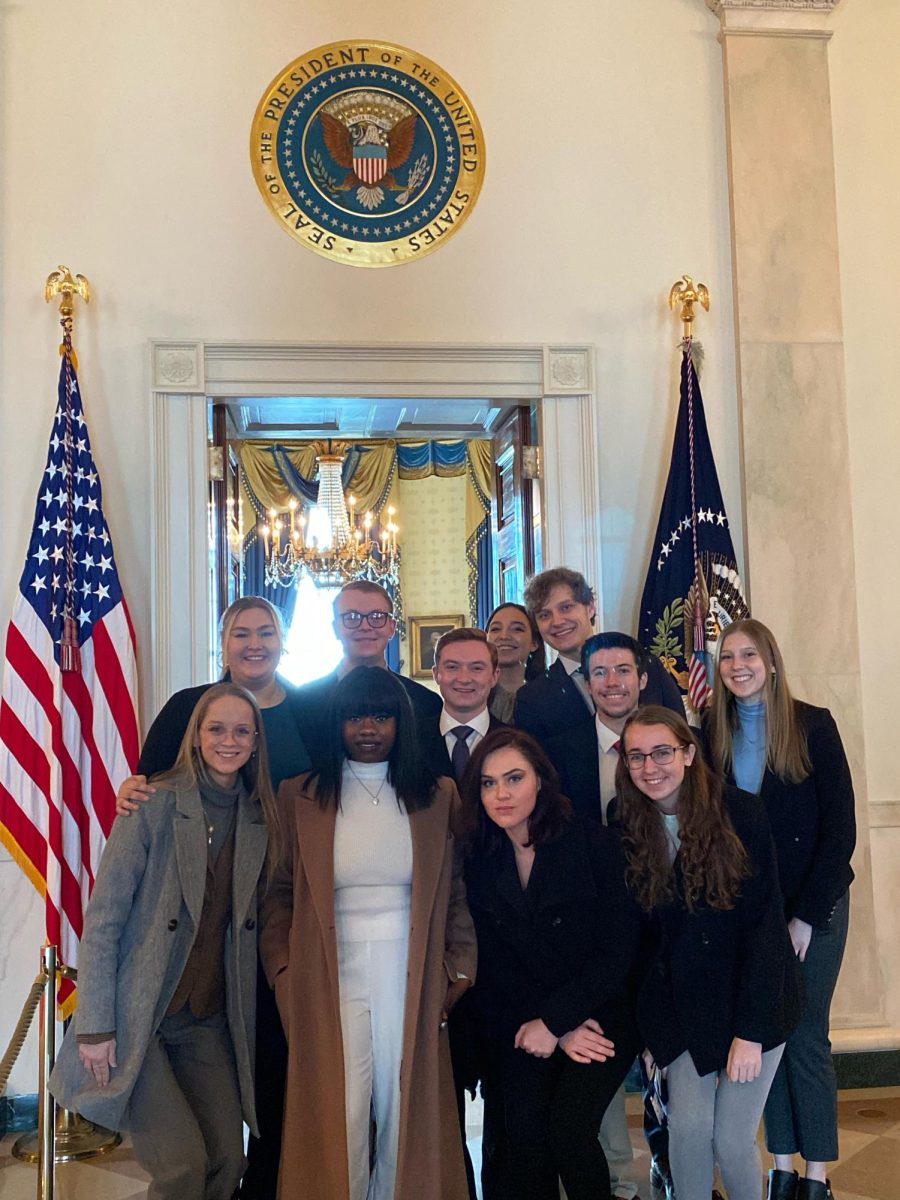STORY BY TIM WEBBER

On Tuesday, Sen. Ted Cruz, a republican from Texas, tweeted “‘Net Neutrality’ is Obamacare for the Internet; the Internet should not operate at the speed of government.”
I’d like to thank Cruz for making me realize two things:
One, I realized I wanted to hurl my computer out of a fourth-story window.
Two, I realized there are people in charge of running the country who have no idea what net neutrality actually is, or why it is so important that we preserve it, and that is horrifying.
Put simply, if net neutrality is not preserved, then the Internet will run at the speed of the government — that is to say, driven to a grinding halt by politicking and gridlock.
Net neutrality is the simple concept that all websites are treated equally by Internet service providers.
No website is able to slip money to service providers to allow their data to be downloaded faster, and the service providers can’t force you to pay money to access certain websites.
If net neutrality is compromised, websites and consumers would be at the mercy of Internet service providers, who have clearly demonstrated in the past that they care little about consumers and a lot about money.
Just think back to the last time you wanted to get your cable or Internet fixed — how was the service? Was it worth what you paid for?
If you’re counting on competition to check service providers and prevent outlandish fees and manipulation, you’re out of luck.
The two largest service providers, Comcast and Time Warner Cable, do not compete with each other in any markets.
Each has conveniently allowed the other to control its separate regional markets without infringing on their territory.
Want to switch? You’re stuck with what you have.
In fact, Comcast and Time Warner are in the process of a merger, pending regulatory approval. If “monopoly” isn’t already the word to describe both companies, it will certainly apply to the new super-corporation.
But Brian Roberts, the CEO of Comcast, doesn’t think of it that way.
He has described the merger as “pro-consumer, pro-competitive and strongly in the public interest,” thereby proving that he does not know what the words “consumer,” “competitive” or “public interest” mean.
Yet if net neutrality is compromised, Brian Roberts could become the most powerful person in the world.
Roberts would have control over the largest Internet service provider in the world, and with it, he could do almost whatever he wanted to the Internet.
Comcast and Time Warner already have many politicians in their back pockets. They each spend millions of dollars in Washington. Comcast, for example, has slipped money to an overwhelming majority of both the Senate and House judiciary committees. (Can you think of any politicians who may have been encouraged by campaign contributions to speak against net neutrality?)
President Obama recently declared his stance in favor of net neutrality.
This was a huge step for the net neutrality movement, as previously the White House had been silent on the issue.
But Obama’s announcement could also be a bad thing, as politicians under the influence of service providers might try to turn a bipartisan issue into a partisan one.
With Republicans in control of both Congressional chambers, if the rest of the party agrees with Cruz, it could spell trouble.
We have all been frustrated when Drake’s Wi-Fi cuts out. Imagine having to deal with ludicrously slow, 1990s-era download speeds on top of that inconsistency.
And then imagine having to potentially pay extra to simply access those slow download speeds on certain websites.
I can assure you that nobody, regardless of political party, wants to experience that.
Way back in 2011, the United Nations declared Internet access a basic human right.
We cannot allow the government to restrict this right by abandoning net neutrality.
We cannot allow Senators like Ted Cruz to turn net neutrality into a partisan, red vs. blue issue.
We must speak up and tell the FCC and our Congressional representatives how important it is that we preserve net neutrality.

